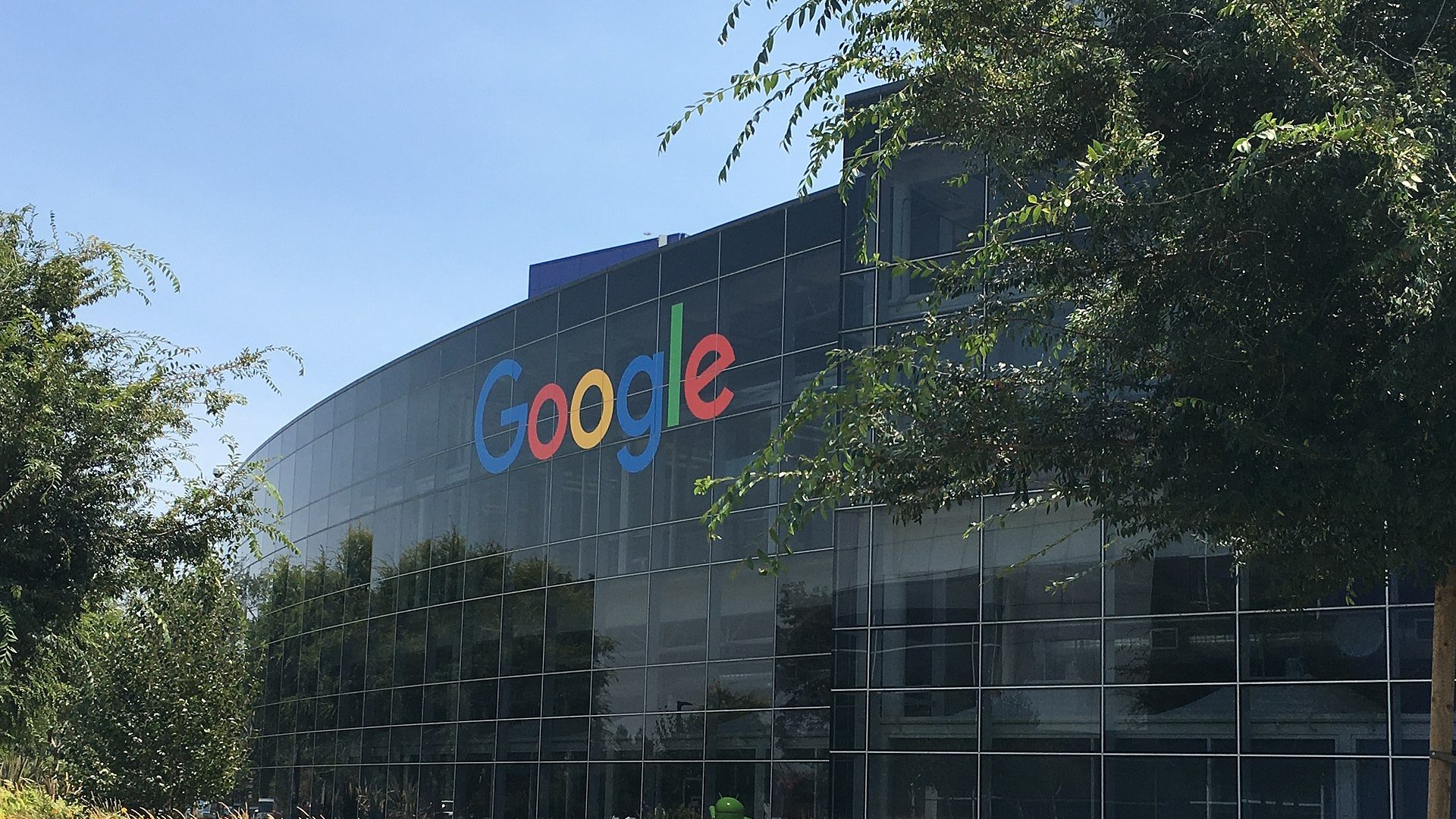Google sued for collecting biometric data without consent
Texas Attorney General Ken Paxton is going after Google again

Google is being sued in Texas over how it collects and uses personally identifiable data.
Texas Attorney General Ken Paxton has submitted a lawsuit in which he claims the company did not adequately ask users in the state for consent for the collection and use of both voice and facial information.
He alleges that through these actions, Google has broken the state’s laws on biometric data, and has done so several times since 2015.
Google services and data privacy
According to Paxton, Google Photos, Google Assistant, and the company's Nest product series all collect data that it uses to improve its artificial intelligence (AI) algorithms.
Google, naturally, says Paxton has it all wrong.
“AG Paxton is once again mischaracterizing our products in another breathless lawsuit,” Google spokesperson José Castañeda said in a statement.
“For example, Google Photos helps you organize pictures of people, by grouping similar faces, so you can easily find old photos. Of course, this is only visible to you and you can easily turn off this feature if you choose and we do not use photos or videos in Google Photos for advertising purposes."
Are you a pro? Subscribe to our newsletter
Sign up to the TechRadar Pro newsletter to get all the top news, opinion, features and guidance your business needs to succeed!
"The same is true for Voice Match and Face Match on Nest Hub Max, which are off-by-default features that give users the option to let Google Assistant recognize their voice or face to show their information. We will set the record straight in court.”
If you're getting the sense that Google sounds just a bit fed up with Paxton, you’re may not be far off. Paxton has been chasing Google numerous times now.
The Texas attorney general is leading a “coalition of states” suing Google on antitrust grounds, claiming it illegally monopolized the online advertising technology market.
In September 2022, Paxton's claim that Facebook and Google colluded with each other over an online advertising deal was thrown out of court on the grounds that the companies only pursued their own interests.
In the same ruling, however, the antitrust coalition case was allowed to continue, so it's entirely possible that this latest data privacy case could stick too.
- Here's the best encryption software out there
Via: CNBC
Sead is a seasoned freelance journalist based in Sarajevo, Bosnia and Herzegovina. He writes about IT (cloud, IoT, 5G, VPN) and cybersecurity (ransomware, data breaches, laws and regulations). In his career, spanning more than a decade, he’s written for numerous media outlets, including Al Jazeera Balkans. He’s also held several modules on content writing for Represent Communications.